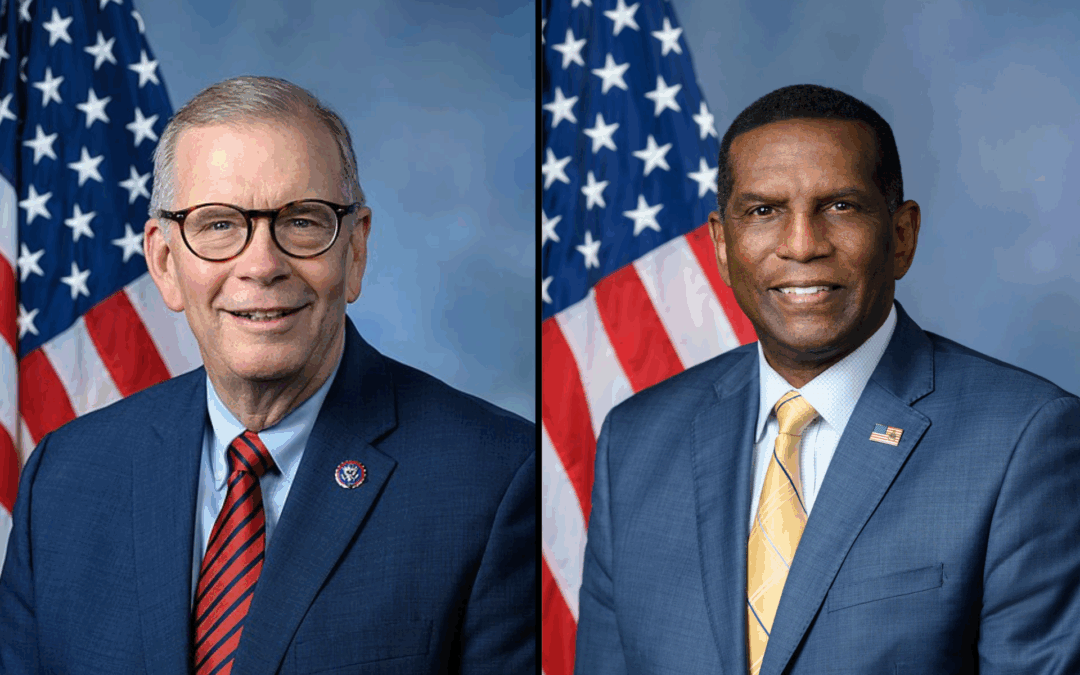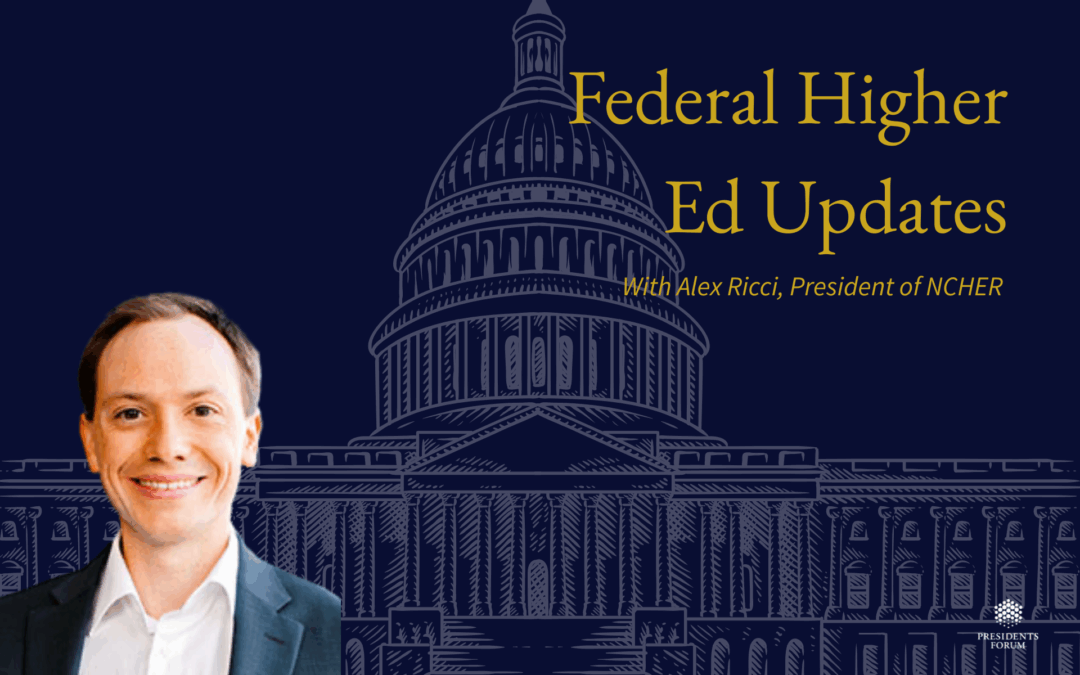
October Executive Director Update
October Executive Director Update
The big picture
Presidents Forum members convene in Boston on Oct. 23–24 for in-person, strategic discussions on AI and institutional strategy, upcoming Negotiated Rulemaking, national enrollment and funding trends, and Executive Branch priorities for 2025.
Why it matters
Leaders need space to cut through noise and align on student-first action. This meeting is built for direct, president-level problem-solving that translates into campus moves and policy clarity.
What’s new
We’re expanding our collaboration network introduced earlier this year. Partners will be embedded in several Boston sessions to stress-test solutions on technology adoption and workforce readiness.
What’s next
- Post-Boston brief with actionable takeaways and model practices members can adapt on campus.
- Continued policy tracking and member input shaping the PF 2025 Policy Agenda.
The bottom line
Boston is a catalyst—not the finish line. The Forum is aligning presidents around bold, student-centered execution that moves from conversation to measurable results.





Recent Comments